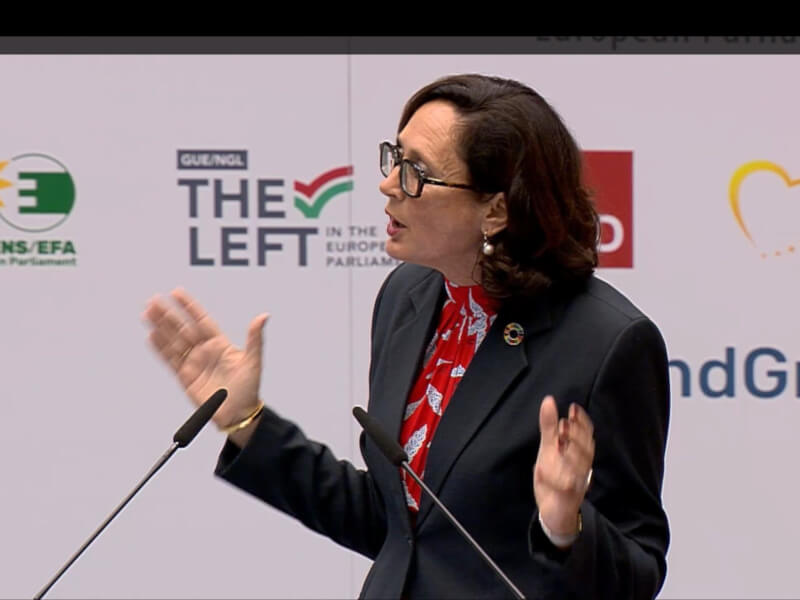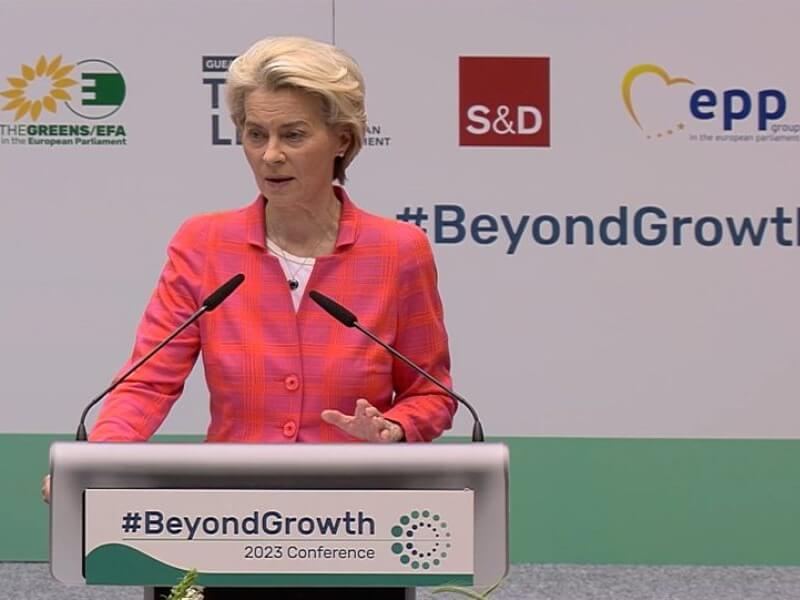16 June 2022 – On April 4th 2022, the Intergovernmental Panel on Climate Change (IPCC) released its sixth assessment report, which for the first time cited “historical and ongoing patterns of inequity such as colonialism” as a driver of vulnerability to climate change for both ecosystems and people.[1] The reference to “ongoing patterns” is a long overdue acknowledgment that colonial attitudes and ideas are woven into the very fabric of our much vaunted rules-based globalised world.
This is a significant step, given the IPCC – as the world’s foremost climate change body – has traditionally not taken a stance on the relationship between colonisation and climate change.
Historically, it has become clear that the colonial period set up the unsustainable economic systems, environmentally degrading terraforming practices, and socially destructive cultural hierarchies that have contributed so significantly to contemporary climate change.[2] Colonisation ruined indigenous stewards of the environment and created intergenerational inequality through a world “run by white supremacy and structural racism.”[3]
This is why the IPCC’s specific reference to ongoing colonialism is pivotal: colonialism is not something of the past; its structures are embedded into the modern world, and therefore the fight against climate change is also susceptible to coloniality. This explains why pro-climate policies – mainly designed by Western institutions – have been criticised for being overly technical, without addressing the underlying colonial and neoliberal thinking that led to and sustains environmental degradation in the first place.[4]
This means that the push for decolonisation is not adjacent to climate efforts; rather it must be firmly integrated into the approaches, systems, and people that comprise the climate fight.
Where to start? One need only look at the popular concept of ‘carbon net zero’ to identify colonial undercurrents in contemporary approaches to address climate change. The push for net zero has contested scientific basis and only makes sense from the point of view of rich nations seeking to shift carbon burdens, whilst simultaneously being oblivious to the challenges of low-income nations still seeking to deliver basic needs and rights to their populaces.[5]
For example, carbon offsetting is a central tenant of the net zero push and is a market-based approach constructed to preserve business-as-usual by allowing large companies in rich countries – often in the West – to buy their way out of reducing emissions by investing in ‘climate-friendly’ projects and schemes (such as renewables or reforesting) or by outsourcing production to different regions.
Often these efforts take place in lower income countries. The premise of this model is that resources in poorer countries can be used to maintain the levels of economic activity and privileges enjoyed by richer countries – it has been estimated that these ‘imported emissions’ account for a staggering quarter of global CO2 emissions.[6] There is a name for this: carbon colonialism.
Carbon offsetting and other approaches that aid rich countries in this way have been mainstreamed by leading Western institutions, multilateral organisations, NGOs, scientific bodies, think tanks and consultants backed by business lobby groups. And their partners are the major Western gatekeepers of the international financial system who in turn seek to benefit from the globalisation of these concepts – investment banks, rating agencies, accounting and legal firms.
There is perhaps no better example than the rise of ESG, which now receives one in three dollars of global investment, flowing into and through financial institutions like BlackRock, JP Morgan, Goldman Sachs and so on.[7] In fact, on April 8th BlackRock announced that it had raised US$1.25 billion for its U.S. Carbon Transition Readiness exchange-traded fund (ETF). This is the largest ETF in history.[8]
Yet recently, it has been revealed that up to 70% of ESG-branded funds have portfolios that are misaligned with the Paris Climate Accords.[9] Most damningly, German fund manager DWS was raided in May for greenwashing – which is predicted to be the first of many legal battles within the asset management industry regarding ESG.[10]
ESG has been able to grip the world because of legal and economic machinery that positions Western institutions to maintain scientific legitimacy, moral authority, and economic dominance with regards to climate solutions – even when the reality is entirely the opposite.
Essentially, this enables a capture of the global climate change narrative by framing it entirely through the Western lens. The step to environmental colonialism is thus a short one, where lower income countries are seen as climate change culprits or as sites to enact – rather than generate – climate solutions, unable to lead change as can the Western world. When they do not meet the prescriptions set by the West, they can even be sanctioned.
It is for this reason that China is frequently presented as the most serious contributor to climate change given it is the world’s largest CO2 producer – yet its per capita emissions sit at 7.05 tonnes, which is significantly lower than that of the United States (16.56), Canada (15.32), or even Australia (16.92).[11] Historically speaking, the US is responsible for nearly twice as much CO2 production than China.[12]
Equally, this mindset is why China’s efforts at transitioning away from coal, creating the world’s largest carbon trading market, or producing and using most of the world’s solar panels, are unknown or ignored. This is why India’s position at COP 26 – one based on realistic energy needs and prices for their extremely large and low-income population – was not understood and was criticised, with commentators delivering patronising statements about India failing to save island states from sea level rise, as if the West’s historic responsibility for CO2 emissions does not exist.
These beliefs are exacerbated by the fact that the leading global thinkers, policymakers, commentators, activists, and authors are Westerners. From David Attenborough to Jeffrey Sachs and even Greta Thunberg, the people shaping narratives on most of these incredibly important topics – and lauded in the mainstream global media – are Western.
This is no accident. Western – and in particular, White Western – heroes are deliberately built up as champions in the fight against climate change and other social ills, which is a misleading way of entrenching power imbalances. This elevation of Western personalities creates the belief that Western approaches are the only right way to report, solve, and discuss climate change.
The coloniality inherent in this is counter-productive as it limits the possibilities for solutions and renders non-Western voices irrelevant while forcing Western-tailored solutions onto these same people. What is carefully hidden is the economic self-interest.
It should be clear that future climate policies and solutions should be based on decolonisation. This means Western approaches, systems, and people that fight climate change need to become more knowledgeable, inclusive and self-aware about repeated behaviours of coloniality.
For starters, rich Western nations need to accept that non-Western countries have a right to produce CO2 emissions as part of their development. Meeting baselines for income, education, healthcare, housing, electricity, clean water, sanitation, and transport all necessitate energy use and CO2 production, and are human rights.
Meanwhile, non-Western leaders, policymakers, and thinkers need to avoid falling into the trap of having their minds colonised by the ‘West Knows Best’ mantra. Given that climate change will be experienced differently by each nation, it is up to non-Western countries to formulate and implement approaches and systems that work best for their local contexts. This is the only way to guarantee long-term uptake.
To fight against colonisation is to also fight against climate change. As the IPCC has alluded to, it’s now incumbent on everyone – even those involved in climate efforts – to decolonise for a more sustainable, safer, and more equitable world.
References:
[1] https://www.ipcc.ch/report/ar6/wg2/downloads/report/IPCC_AR6_WGII_SummaryForPolicymakers.pdf
[2] https://www.ucl.ac.uk/news/2020/jun/opinion-why-anthropocene-began-european-colonisation-and-mass-slavery
[3] https://atmos.earth/ipcc-report-colonialism-climate-change/
[4] https://journals.sagepub.com/doi/full/10.1177/2514848619898098
[5] https://dev.clubofrome.org/blog-post/nair-carbon-neutrality/
[6] https://www.climateworks.org/wp-content/uploads/2018/09/Carbon-Loophole-in-Climate-Policy-Final.pdf
[7] http://www.gsi-alliance.org/wp-content/uploads/2021/08/GSIR-20201.pdf
[8] https://illuminem.com/energyvoices/b06327e3-147a-4df9-a531-fa4ea4597944
[9] https://influencemap.org/report/Climate-Funds-Are-They-Paris-Aligned-3eb83347267949847084306dae01c7b0
[10] https://www.ft.com/content/1094d5da-70bf-40b5-98f4-725d50620a5a
[11] “Each Country’s Share of CO2 Emissions.” Union of Concerned Scientists, August 12, 2020. https://www.ucsusa.org/resources/each-countrys-share-co2-emissions
[12] https://climatesociety.ei.columbia.edu/news/why-we-need-confront-climate-changes-colonial-legacy






